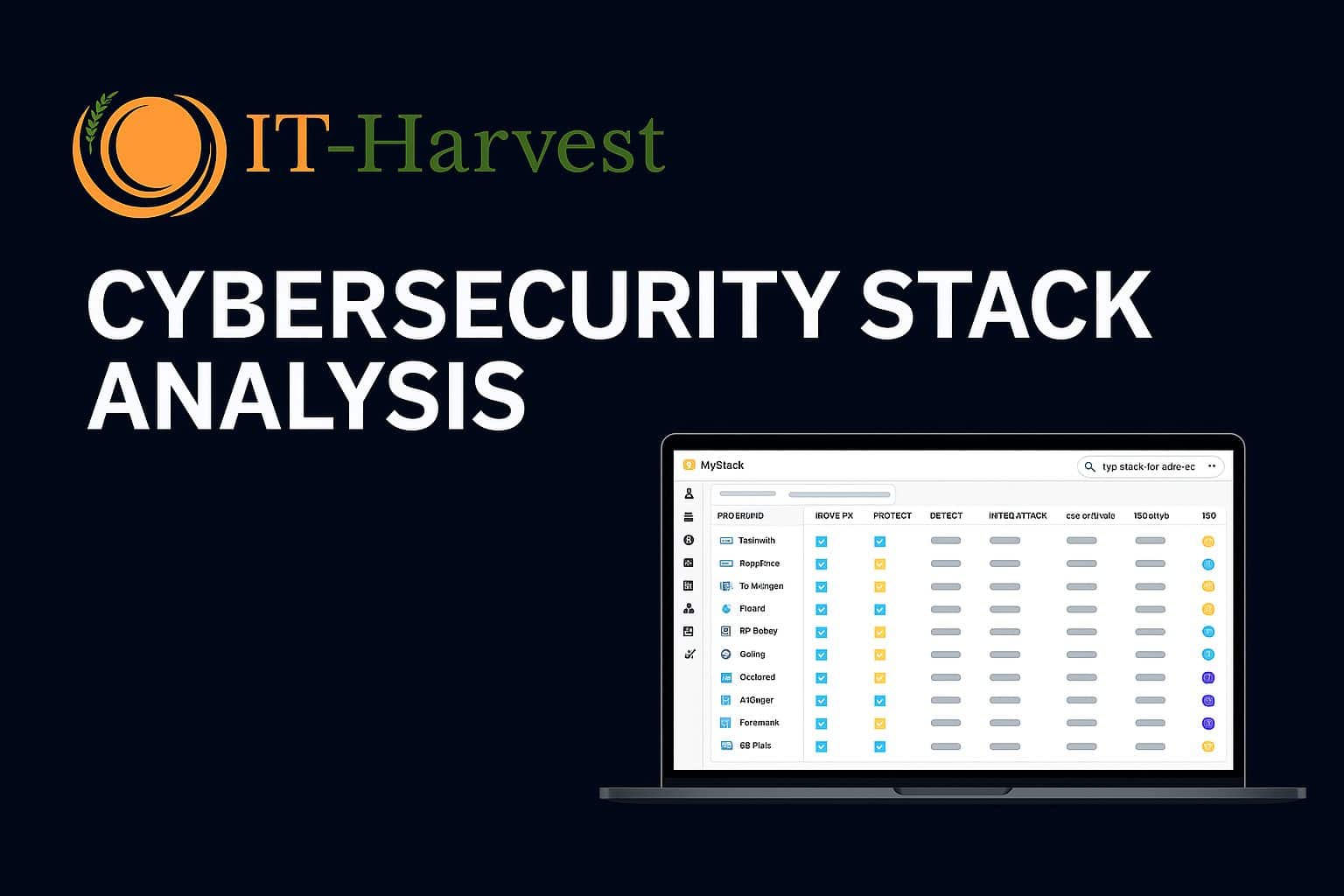LANSING – Montenegro, Estonia and new NATO applicant Finland are just three of the countries being hit hard by sophisticated cyber attacks. What’s happening and who’s next?
A headline this past week from Balkan Insight read: “Montenegro Sent Back to Analog by Unprecedented Cyber Attacks.” Here’s an excerpt:
“The digital infrastructure of a major part of Montenegro’s public administration has been offline since August 22 following a ransomware attack that security sources have told BIRN may have been an ‘inside job,’ uploaded directly from a computer connected to a government server.
“The government of the tiny Adriatic republic, a member of NATO, has reported an unprecedented series of cyberattacks on government servers and says it is working to contain the damage.
“Sources say the servers were hit with ransomware, a type of malware attack in which the attacker locks and encrypts the target’s data and important files and then demands a payment to unlock and decrypt the data.”
The Associated Press, meanwhile, covered the U.S. response to help our NATO partners:
“A rapid deployment team of FBI cyber experts is heading to Montenegro to investigate a massive, coordinated attack on the tiny Balkan nation’s government and its services, the country’s Ministry of Internal Affairs announced Wednesday.
“The announcement came as the government’s main websites — including the ministries of defense, finance and interior — remained unreachable. Officials said they were offline ‘for security reasons.’
“The ministry called the FBI assistance ‘another confirmation of the excellent cooperation between the United States of America and Montenegro and a proof that we can count on their support in any situation.’”
One more on this story. Security Affairs offered this:
“‘Coordinated Russian services are behind the cyber attack,’ the ANB said in a statement. ‘This kind of attack was carried out for the first time in Montenegro and it has been prepared for a long period of time.’
“‘I can say with certainty that this attack that Montenegro is experiencing these days comes directly from Russia,’ said Dusan Polovic, a government official.
“However, a cybercriminal extortion gang has claimed responsibility for at least part of the attack, the systems at a parliamentary office were infected with a variant of Cuba ransomware.”





